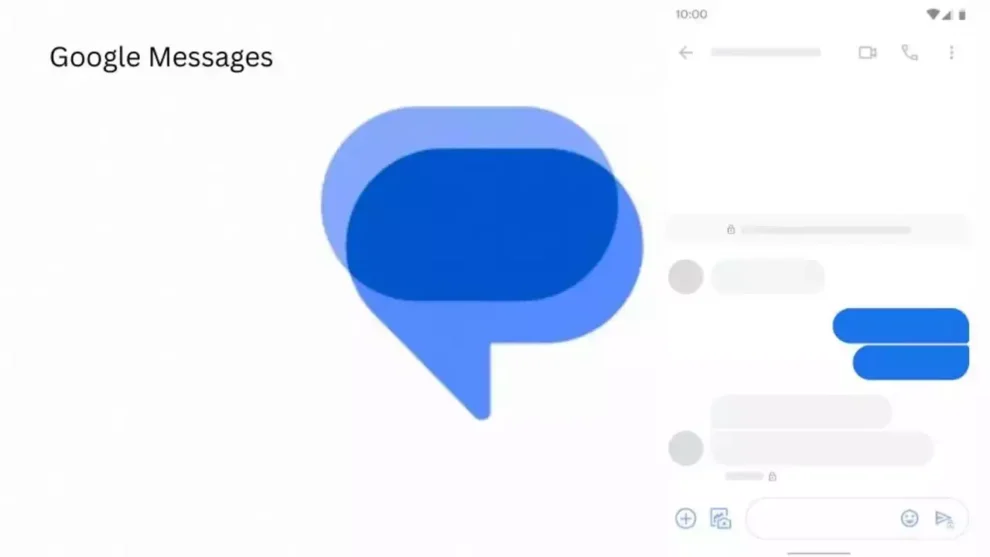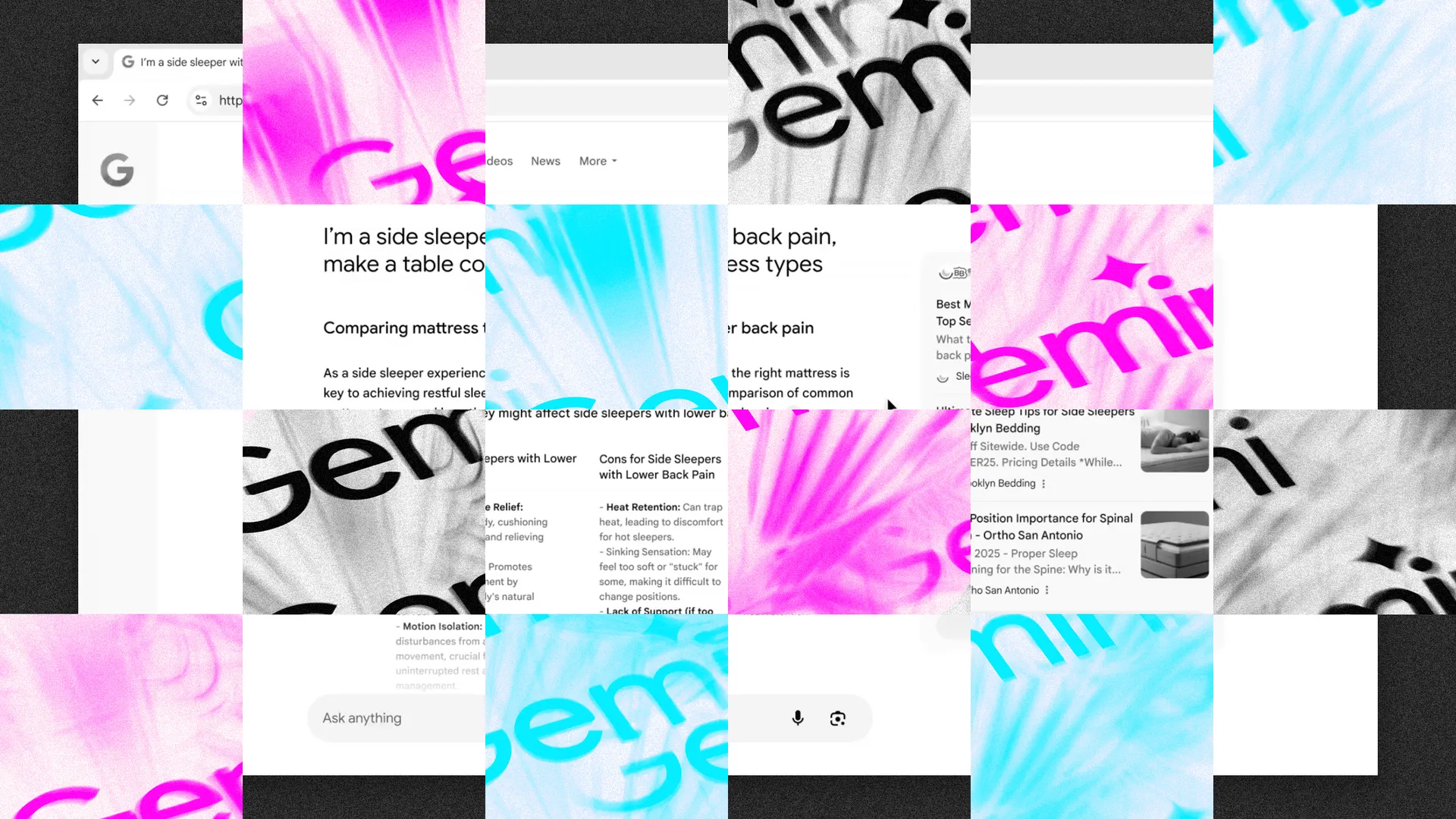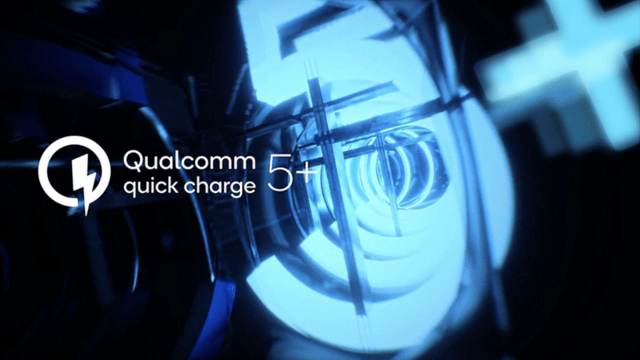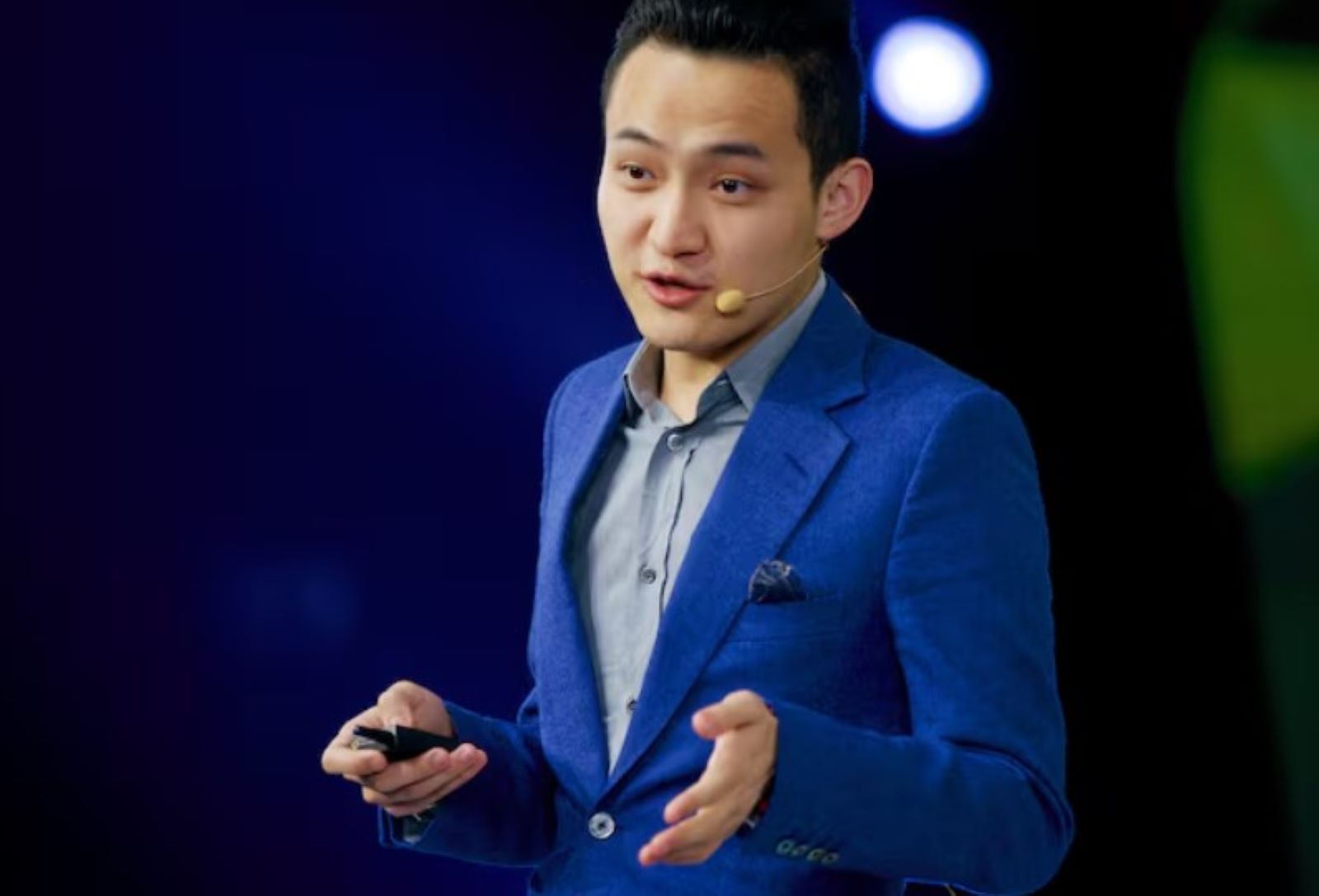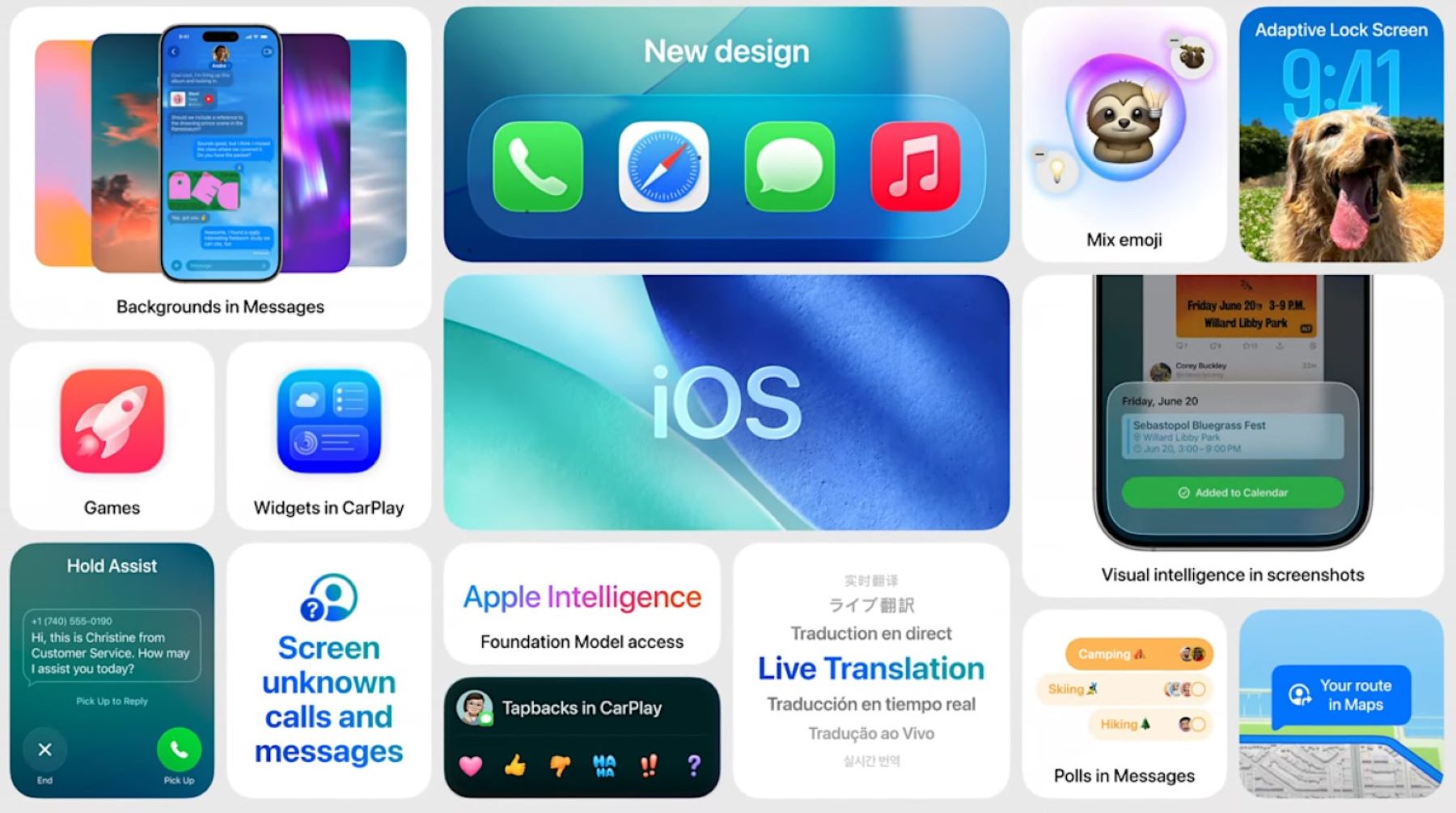In an effort to enhance messaging experiences and push the adoption of Rich Communication Services (RCS), Samsung has decided to make Google Messages the default messaging app across its devices. This strategic move, which began gaining momentum with the Galaxy S21 series and One UI 3.1, positions Google Messages at the forefront of Samsung’s messaging strategy.
Detailed Analysis:
Samsung’s shift from its native Samsung Messages to Google Messages is influenced by a combination of strategic partnership benefits and the advanced features offered by RCS. RCS elevates the standard messaging experience with capabilities such as higher-quality media sharing, read receipts, and better encryption, aligning with contemporary communication demands. By partnering with Google, Samsung aims to leverage Google’s extensive reach and technological prowess to ensure a seamless, feature-rich messaging experience for its users.
This integration is part of a broader push by major technology providers to standardize RCS as the main messaging protocol, aiming to rival other popular messaging platforms like WhatsApp and iMessage. Interestingly, this move coincides with Apple’s recent decision to support RCS in iMessage, which could mark a significant shift in messaging dynamics across ecosystems.
A pivotal feature of Google Messages is the automatic deletion of one-time passwords (OTPs), enhancing security and convenience—an addition that has been absent in Samsung’s native solutions. Additionally, Google has been proactive in upgrading existing SMS threads to RCS, ensuring that older conversations can benefit from RCS features without user intervention.
Samsung’s decision to make Google Messages the default app is not merely about adopting new technology but also about enhancing user experience and security while fostering broader acceptance of RCS. This decision reflects a strategic adaptation to evolving user expectations and the competitive landscape of digital communication.
